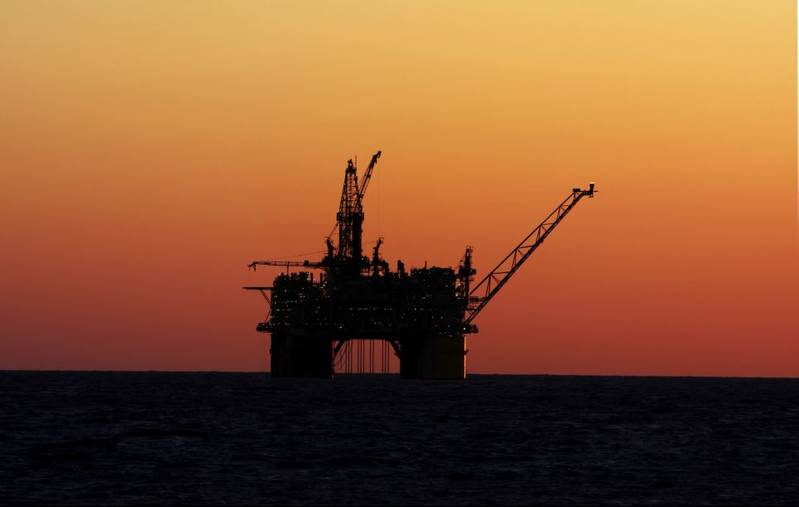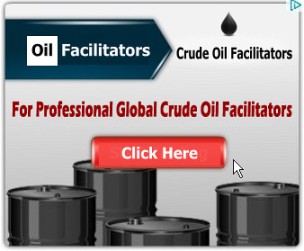
The U.S. government agencies responsible for offshore oil and gas regulations are looking at ways to update policies to promote the growth of oil and gas production in the Gulf of Mexico.
Specifically, the Bureau of Ocean Energy Management (BOEM) and the Bureau of Safety and Environmental Enforcement (BSEE) said this week they'd advance new research into whether certain policy changes could help increase oil and gas production from the existing deepwater infrastructure in the Gulf of Mexico (GOM), "to facilitate U.S. offshore competitiveness."
According to BOEM, about 4 out of 5 deepwater facilities are producing less than 50% of their daily oil production capacity, based on a three-year average of daily production rates.
Tying additional oil and gas production to a facility with existing capacity could ultimately result in more efficient development of natural resources.
"Through collaboration, BOEM and BSEE identified contingent resources that exist 30-60 miles away from existing facilities. This research will identify any difficulties that new technological advances may face, that could potentially hinder production and project economics," the two agencies said.
Scott Angelle, BSEE Director said: "This research will help ensure our Nation continues to achieve top oil and gas production by reducing stranded assets. A cursory review of the preliminary data suggests the time is right to usher in updated policies to ensure we are efficiently developing our natural resources and value for the American people.”
Extended reach subsea tie-backs
The study will examine specific economic parameters used by BOEM and BSEE for new and high-cost technologies like extended-reach subsea tiebacks.
"Implementation of these parameters could minimize stranded or left behind hydrocarbon resources. This research would apply to developments that might connect to deepwater facilities that have additional production capacity," BOEM said.
“BSEE has provided some important initial data, and our team will consider the economic parameters used to examine these extended-reach subsea tieback projects given the capacity that exists in the region,” said BOEM Acting Director Walter Cruickshank. “Based on that analysis, BSEE could then have more tools to minimize stranded resources.”
Deepwater production, which comes from depths greater than 200 meters, accounts for 92% of total GOM offshore oil production, and 14% of all domestic oil produced in the U.S.
According to BOEM, in 2019, facilities in deepwater GOM averaged a record-breaking 1.7 million barrels of oil per day.
"America is the top producing Nation, thanks in great part to the GOM, and facilitating production in the GOM is critical for our Nation’s national security, economy, and American jobs," BOEM said.
BOEM said that its team had begun to evaluate the specific features of deepwater facilities, examine whether changes to the economic parameters used by BSEE could lead to expanded production or address other BSEE policy goals, and make recommendations as appropriate.




No comments
Post a Comment